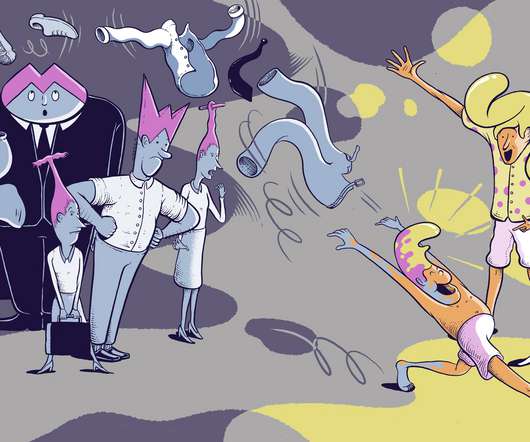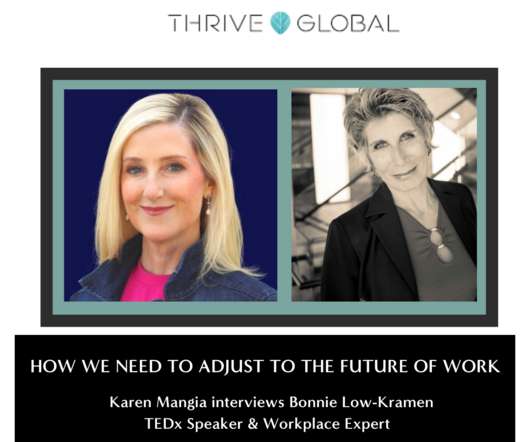5 Reasons 15-Minute Cities Could Be The Key To Work-Life Balance
Allwork
JUNE 6, 2023
But the rising cost of living, recent job cuts, and salary freezes have resulted in a period of uncertainty that’s affecting peoples’ job prospects and future careers. This article was written by Lucy McInally. The pandemic gave the global workforce the ability to seek more autonomy and freedom in their lives.













Let's personalize your content